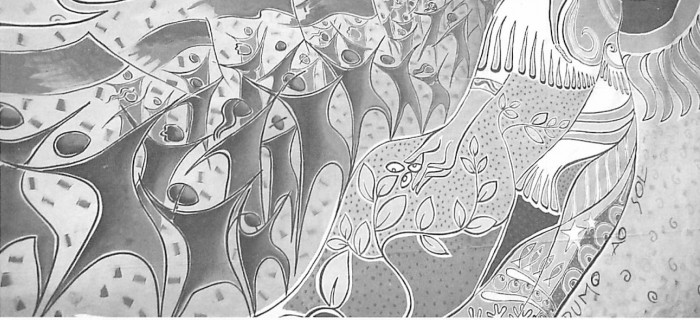2003 Annual Report
For thousands of years, small farmers have grown food for their communities, planting diverse crops in healthy soil, recycling organic matter, following nature’s rain fall patterns, and maintaining the earth’s rich biodiversity. Their accumulated knowledge of their local environments–a treasure beyond price–has been passed on from one generation to the next. Today, our family farm systems and the men and women who work tirelessly to sustain them face unprecedented economic, political, and social abuse.
Industrial agriculture is replacing family farms with corporate farms, farmers with machines, and mixed crops with monocultures, and has traded local food security for global commerce. Family farmers have been devastated by the rise of corporate agribusiness, with ever-increasing numbers of farm bankruptcies and foreclosures reaping a grim harvest of suicide, alcoholism, and ravaged communities.
At Food First, we believe that any system built upon social and economic inequities is ultimately unsustainable: it fuels conflict and struggle until it consumes itself. Today’s industrialized food system is just such a system, and it is being courageously challenged around the world. Food First is proud to be a part of this movement. The struggle for a just food system was present in Cancun at the Fifth Ministerial of the World Trade Organization (WTO) in September 2004–most strikingly on September 10, when Lee Kyung Hae, leader of the Korean Federation of Advanced Farmers Association, climbed the barricades with a sign that read ‘The WTO Kills Farmers” and took his own life with a knife to the heart. As Lee’s life was dedicated to the wellbeing of farmers;, so his death was a sacrifice made to countless rural struggles in the global countryside.


 Help Food First to continue growing an informed, transformative, and flourishing food movement.
Help Food First to continue growing an informed, transformative, and flourishing food movement.




